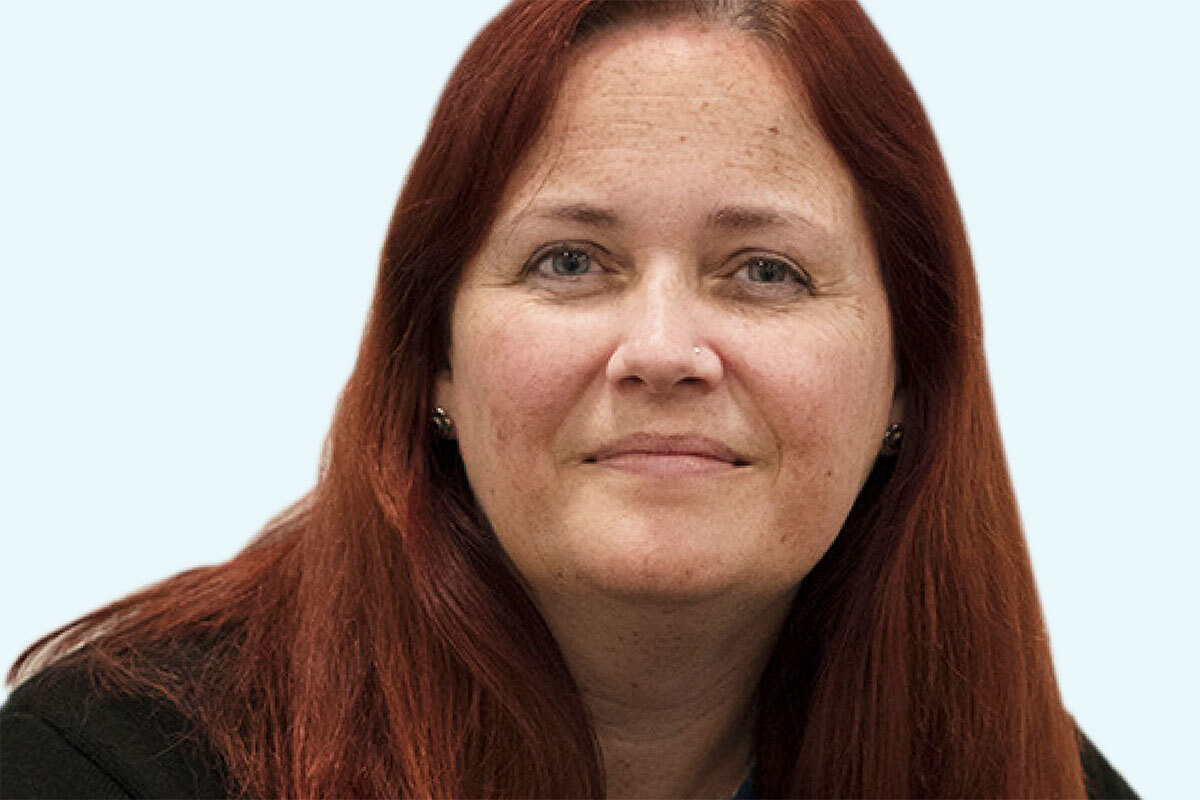You are viewing 1 of your 1 free articles
It’s time to make a house a home
We are calling for the new government to legislate for at least 10% of all social housing stock to be provided as furnished, writes Claire Donovan, head of policy, research and campaigns at End Furniture Poverty
All social landlords know that they have tenants who are living without essential furniture and appliances; they are living in furniture poverty. They know that tenants who are struggling to afford food won’t be able to replace a broken cooker or buy their child a new bed. And many landlords do what they can with gifting programmes or by helping tenants to apply to charities for support.
But at End Furniture Poverty, we believe that it is time for landlords to do more and there is a solution that allows them to provide tenants on benefits with all the furniture, appliances, floor and window coverings that they need, at no cost to the landlord. So there really is no excuse not to get started right now with the creation of more furnished tenancy schemes.
The cost of the furniture is eligible to be added on to the service charge and covered through Universal Credit, making it a self-financing operation.
We have been supporting landlords for many years, helping them to understand the impact furniture poverty has on their tenants, and the benefits that a furnished tenancy scheme can bring for both tenant and landlord. We’ve published a Blueprint for Furniture Provision in Social Housing. We’ve also helped landlords to write business cases and introduced them to other landlords running successful schemes to share best practice.
Now we will be speaking to the new intake of MPs and ministers and as the new government beds into office, we will be asking them for their help to legislate for at least 10% of all social housing stock to be provided as furnished.
The 10% figure is based on the 2% of social homes currently furnished, plus the 8% of social housing tenants living in ‘deep furniture poverty’, without three or more essential furniture items or appliances. Existing furnished tenancy schemes have naturally balanced at 10% of stock so we know that this figure equates with the level of need out there.
We’ve listened to the concerns landlords have presented and worked with our group of charities, FRC Group, to develop Furniture Flex, a scheme that overcomes all of these challenges.
From a lack of capital (you can rent), to concerns that it can create a poverty trap (tenants can simply return the items if their circumstances change, and the service charge is immediately removed).
We have listened and responded to them all.
If a landlord presents new challenges, we will do what we can to overcome those, too.
Too many tenants are being moved into empty boxes. This includes those fleeing domestic abuse, those coming from homelessness, moving from temporary accommodation, or those achieving settled status. They have nothing and the challenges of getting help with expensive items such as furniture and appliances, not to mention flooring, are harder than ever to overcome.
We believe that subject to an affordability check, all new tenants should be offered a full package of furniture and appliances, and they should be able to select which items they need. Existing tenants can also be offered items through furniture rental agreements as addendums to their tenancy.
We cannot keep placing the burden on overstretched charities, and our research has shown that even more local authority crisis schemes have closed. We all also know that the cost of living crisis is not over.
“We continue to campaign for a stronger welfare safety net, for better wages and more secure employment so people can afford their own furniture and appliances, but people need help now”
We are carrying out cost benefit analysis studies to demonstrate not only the cost benefits to landlords through furniture provision, but also the cost savings across the public purse. These will range from the NHS and social care, to temporary accommodation and more. The findings will prove that this is an investment that makes good fiscal sense – as well as being the right thing to do.
We continue to campaign for a stronger welfare safety net, for better wages and more secure employment so people can afford their own furniture and appliances, but people need help now, and some people will always need help. That is why furnished tenancies should no longer be the exception, but the rule – the rule of 10%.
We are ready to engage with newly elected and returning MPs, as well as ministers. We are speaking to members of the House of Lords, and many other charities and campaigning organisations have already expressed their support for our work.
We hope landlords will not want to wait for legislation; they will want to act now and we are here, ready to help.
Claire Donovan, head of policy, research and campaigns, End Furniture Poverty
Sign up to the Inside Housing Communications Conference 2024
With an upcoming election, and a raft of regulatory changes within the Social Housing (Regulation) Act aimed at improving communication between landlords and tenants, housing communicators are navigating a multitude of priorities in an ever-changing environment.
Join over 250 communications professionals and hear from 50 speakers across three content streams covering both internal and external communications. The conference will explore how to influence key stakeholders and deal with emerging issues in a transparent and empathetic way to improve the lives of those in our communities.













